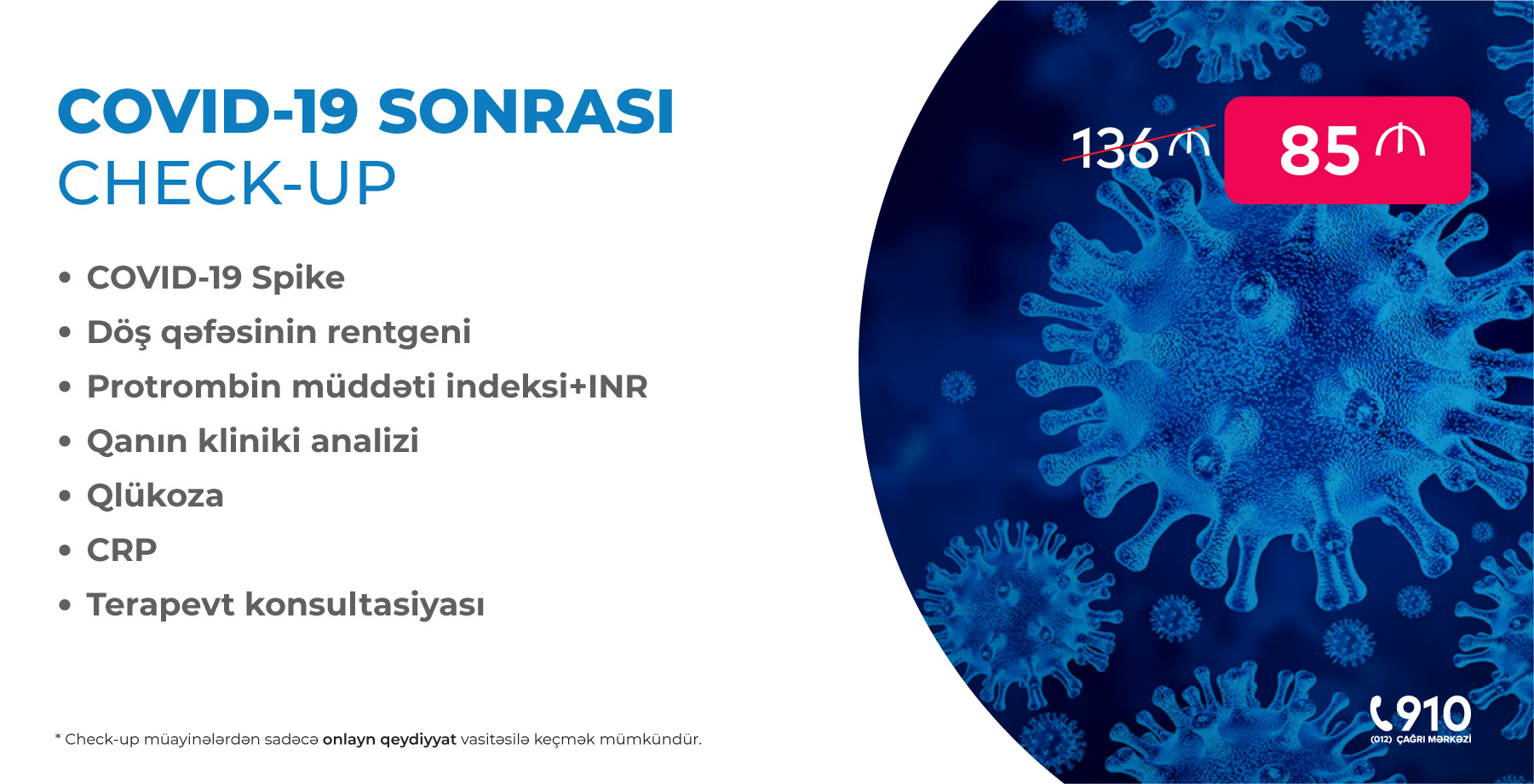The detection of IgG antibodies against the spike (S) protein in the blood is used to assess the presence of protective immunity against the SARS-CoV-2 virus. These antibodies can form after a past infection (even if asymptomatic) or as a result of vaccination.
What Is the Spike (S) Protein?
The spike protein (S) is one of the four structural proteins (S, E, M, and N) that make up the outer envelope of the SARS-CoV-2 virus. It is the S protein that gives the virus its characteristic crown-like appearance when viewed under a cryo-electron microscope.
One of the key features of the S protein is its role in helping the virus enter host cells, making it a critical factor in the virus's infectivity.
Immune Response to Infection
When the virus enters the body, the immune system starts producing specific antibodies, also known as immunoglobulins. The most immunogenic proteins of SARS-CoV-2 are the spike (S) and nucleocapsid (N) proteins. According to some studies, N protein antibodies may be more sensitive indicators in the early stages of infection.
However, detection of S protein antibodies is more useful for evaluating immune response after infection or vaccination.
Evaluating Immune Response After Vaccination
The assessment of immune response before and after vaccination is based on testing for IgG antibodies against the spike (S) antigen. For accurate results, it is recommended to perform this test at least 42 days after the first dose of vaccination.
For more information about the Covid-19 IgG (spike protein) test, or to schedule an appointment online, please contact our Call Center at (012) 910 or reach us via WhatsApp at (055) 4000 910.

